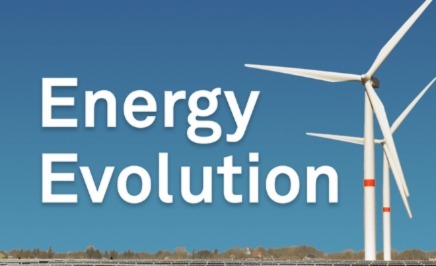The Energy Evolution podcast explores the challenges and changes facing the transition to cleaner energy. One challenge is obtaining the materials necessary for the transition, such as lithium, copper, and rare earth metals. Space mining is a potential solution, with companies investing in research and development to mine asteroids and other celestial bodies for valuable metals and resources like water. The technology for space mining is in its early stages, and there are challenges, such as logistical and ethical considerations. Reporters from the S&P Global Commodity Insights team, Karl Decena, Kip Keen and Eri Silva, also discussed the potential impact of space mining on terrestrial markets and the need for regulatory frameworks for space mining.
Related articles:
Digging Space: Miners to ignite race for outer space ore
Digging Space: Asteroid mining unlikely to overwhelm metal markets
Digging Space: Galactic gold rush begins with fewer rules than the Wild West
Tune in to Energy Evolution to stay up-to-date on the energy transition and its implications. The show is co-hosted by veteran journalists Dan Testa and Taylor Kuykendall.
More listening options:







